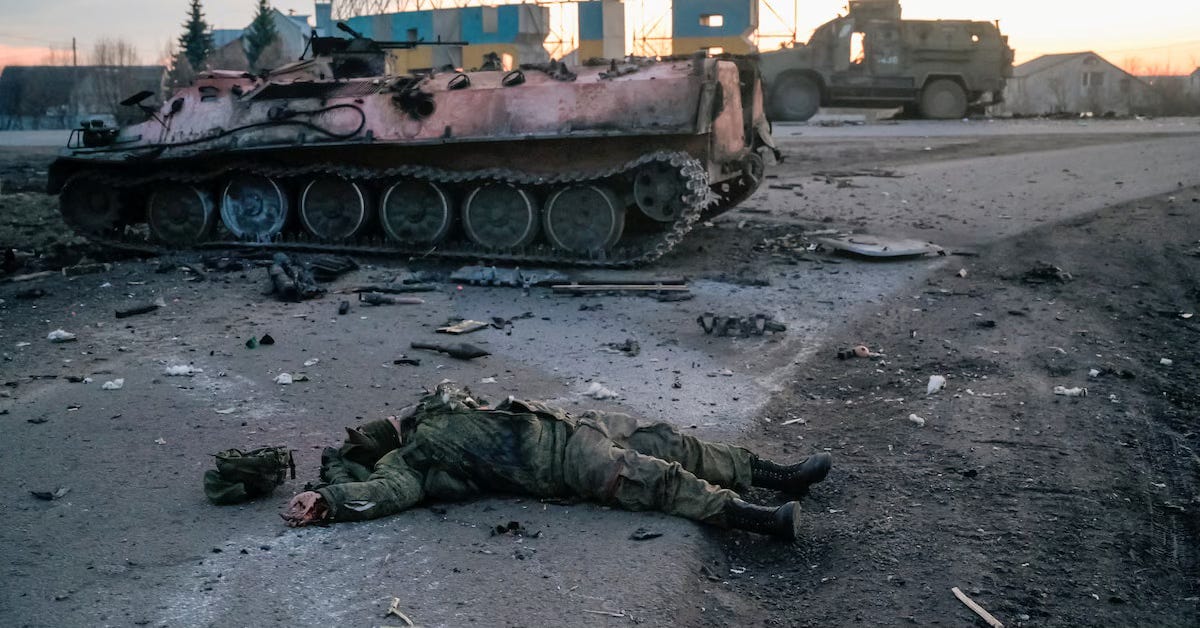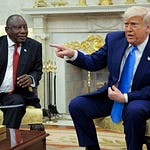The audio above is an AI-generated 'podcast' crafted with careful prompting and highly selected data sources, which you can view here.
Our species claims to celebrate peace, but we keep investing in weapons.
We honor those who fight, while mourning the fallen.
We condemn violence, but study military strategy in business schools.
War is our longest-running contradiction.
For most of human history, our ancestors lived without organized warfare. The Semai, the San, the Chewong — these values-based societies resolved conflicts through storytelling and walking away, not through violence.
Then something changed.
When we stopped moving and started owning, war appeared. Sedentary agriculture created surpluses. Surpluses created hierarchies. Hierarchies created elites. And elites needed protection.
Class and conflict grew up together like siblings.
Here’s a thought: War is the most expensive accelerant we've ever invented.
WWII gave us radar, which became the microwave in your kitchen. The race to break enemy codes birthed the computer age. The need to treat battlefield infections led to the mass production of penicillin.
Could we call war “an innovation?” That would be like praising a house fire for inspiring a better sprinkler system.
Yet war undeniably results in progress.
The economist might say war drives innovation through crisis. The anthropologist might say war emerges from resource competition. The philosopher might see war as the clash that creates synthesis.
They’re all describing the same elephant.
War isn’t natural or inevitable. It’s a technology we invented alongside class systems and written language. Like all technologies, it solved some problems while creating others.
And like all technologies, it becomes obsolete.
What if war is just a phase?
Material consciousness — our current operating system — thrives on separation, scarcity, and hierarchy. It's the perfect environment for conflict.
But consciousness evolves.
The most impressive human achievements now come from connection, not conquest. From networks, not hierarchies. From shared resources, not hoarded ones.
The most radical idea isn’t whether war creates progress.
It’s that we’ve outgrown the need for war to progress.
What are we to make of war?
Perhaps that it was a necessary but painful adolescence — a developmental stage that served its purpose but no longer fits the mature adults we’re becoming.
The question isn’t whether war made us who we are.
It’s whether war will determine who we become.
References
This essay was prompted by a Chris Hedges essay (thanks for sharing, V!):
Material Consciousness: The predominant way of thinking since the Neolithic Revolution that has resulted in cities with monumental architecture, written language, social hierarchy, poverty and wealth, top-down power structures, organized warfare, empires, patriarchy, the depletion of Nature leading to overshoot, objectified reality, scarcity, and separation. War will always exist while we remain beholden to material consciousness. Deep dive: https://bit.ly/Mat-Con
Mycelial Consciousness: The emerging way of thinking in which war becomes obsolete. It mirrors the sophisticated coordination patterns found in fungal networks. Deep dive: https://bit.ly/MetaCon
Neolithic Revolution: Also called the Agricultural Revolution, it represents a Punctuated Equilibrium event in human cultural evolution that occurred approximately 12,000 years ago. A long period of stability as hunter-gatherers was interrupted by a brief episode of significant change. Deep dive
Punctuated Equilibrium: Describes how Complex Adaptive Systems evolve through prolonged stability interrupted by rapid transformation, challenging assumptions of gradual change. Deep dive
Values-based Society: All social systems in a class-based society support the pursuit of luxury, driven by the extraction of resources. All social systems in a values-based society support the pursuit of prosperity, defined as human and more-than-human flourishing. Deep dive













Share this post